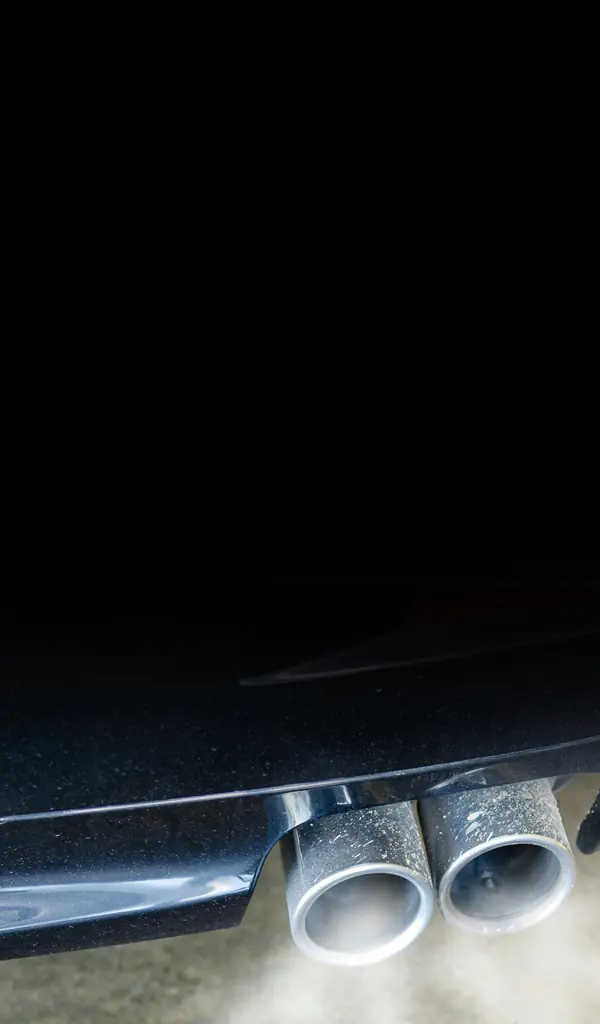
DPF Regeneration
Diesel Particulate Filter Regeneration Service in Lincolnshire, Yorkshire, Norfolk & Cambridgeshire
Bush Tyres offers a DPF regeneration service for all car makes and models at very competitive prices! If you are concerned about the performance of your vehicles diesel particulate filter, exhaust or catalytic converter please call or visit your nearest Bush Tyres branch.
Endyke Tyres (Hull) & Boston branches offer DPF regeneration in store.
Call to book your DPF Check today or use the booking form below.
Boston Branch Hull Branch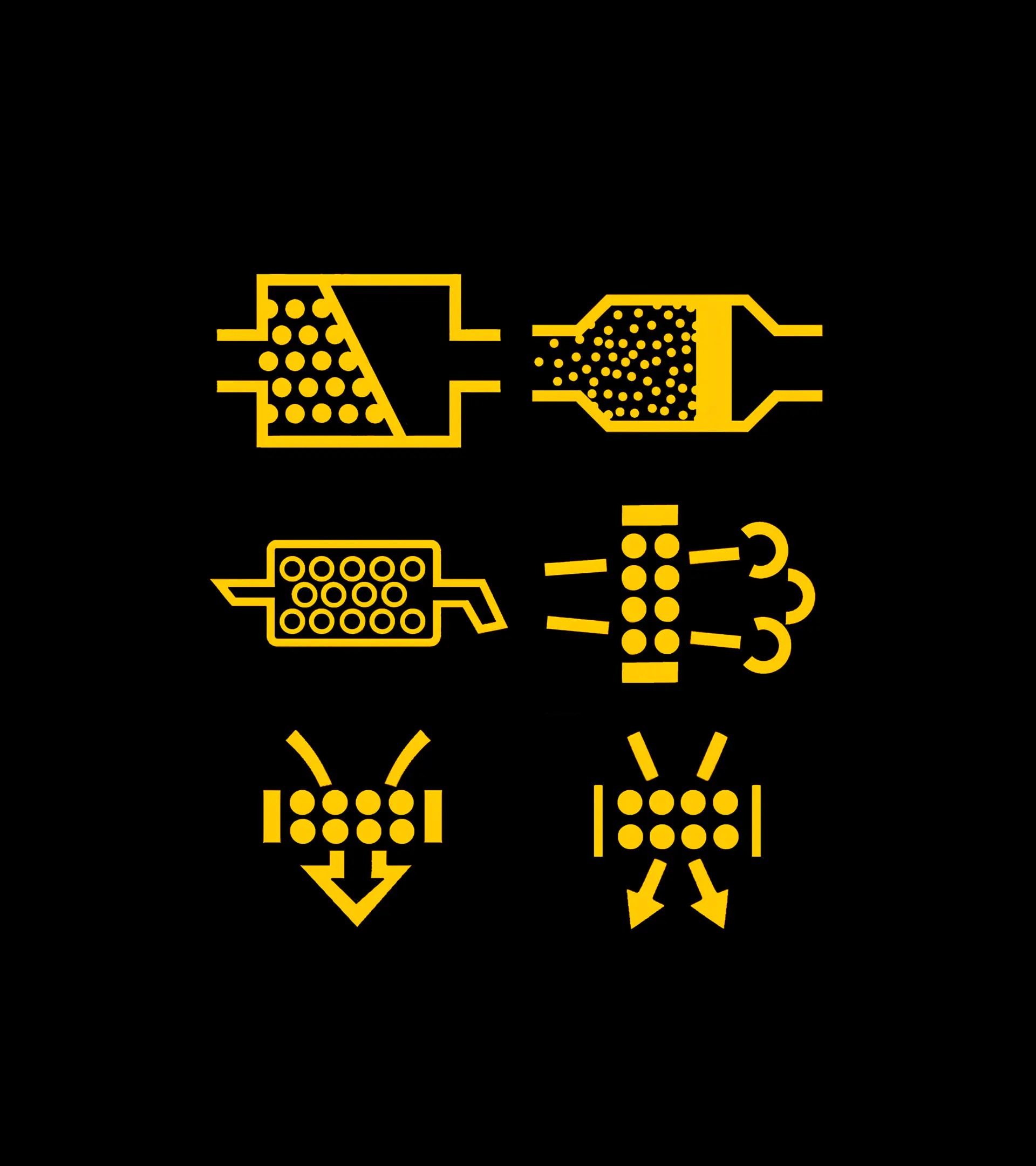
DPF Regeneration Booking Enquiry
Please fill in the details below with your preferred date and time. A member of our team will contact you to finalise your booking.

DPF Regeneration Explained
DPF regeneration is a process that helps clean and clear the diesel particulate filter in a vehicle’s exhaust system. The DPF is designed to trap soot and particulate matter from the diesel exhaust, reducing harmful emissions. Over time, the DPF can become clogged with this trapped material, which can negatively impact engine performance and fuel efficiency.There are two main types of DPF regeneration:
Passive Regeneration
This occurs naturally when the vehicle is driven at high speeds for an extended period. The high exhaust temperatures during high-speed driving help to burn off the accumulated soot in the DPF
Active Regeneration
When the soot level in the DPF reaches around 45% of its capacity, the vehicle’s electronic control unit (ECU) will initiate an active regeneration process. This involves injecting additional fuel into the exhaust to increase the temperature and burn off the trapped soot.
Failure to properly regenerate the DPF can lead to the filter becoming completely blocked, which can cause performance issues, increased emissions, and potentially damage the engine.
Regular high-speed driving or forced regeneration by a mechanic is required to prevent this, which is where our DPF Regeneration Service comes in.
Diesel Particulate Filter FAQ’s
-
DPF regeneration is a process where the filter burns off excess soot to maintain performance and reduce emissions
-
Regeneration can happen automatically through passive regeneration while driving at sustained speeds or actively through methods like forced regeneration or filter replacement
-
Symptoms of a blocked DPF include decreased performance, increased exhaust smoke, and engine warning lights
-
It is not recommended to clean a DPF yourself as it requires specialized knowledge and handling by trained mechanics
-
The frequency of regenerations can vary based on driving conditions, with some solutions claiming to reduce regens significantly
-
Regular maintenance, including cleaning or replacing the DPF when necessary, is crucial to prevent issues and ensure compliance with MOT requirements
-
Active regeneration involves raising exhaust temperatures to burn off excess soot and is particularly useful for vehicles with limited high-temperature driving conditions



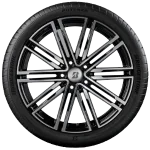 Tyres
Tyres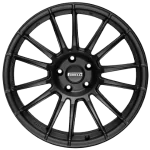 Services
Services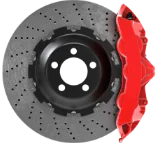 Fast Fit
Fast Fit Offers
Offers